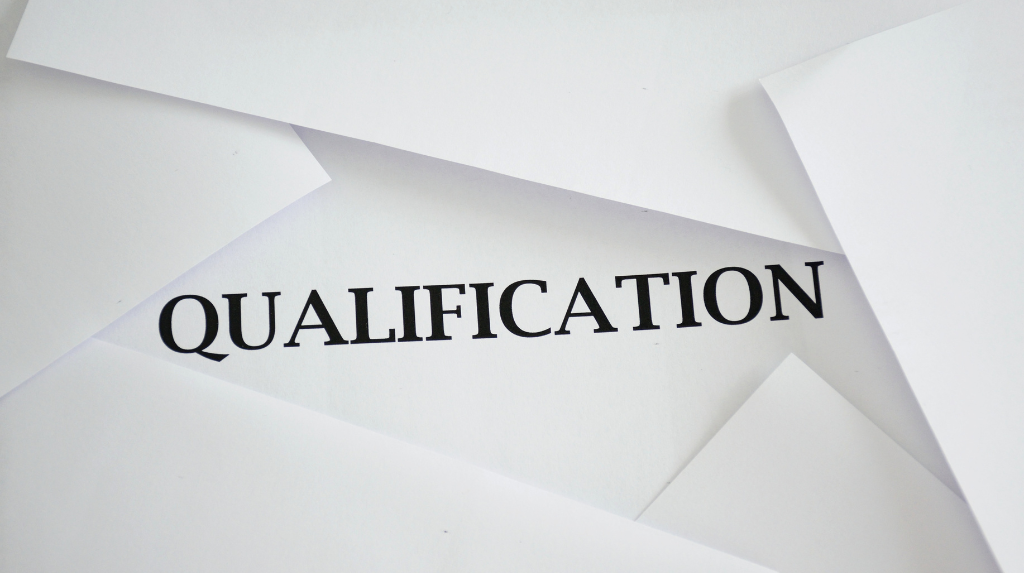Australia offers a diverse range of job opportunities and is a popular destination for individuals seeking work abroad. If you are considering working in Australia, it is essential to understand the qualifications required to pursue employment successfully. This article provides valuable insights into the qualifications needed to work in Australia.
- Can I Get a Medical Visa for Australia?
- How Long Does It Take to Get a Medical Visa in Australia?
- Medical Fees for Australia Student Visa
Understanding the Australian Workforce
Australia has a highly skilled and competitive workforce, and employers value qualifications and expertise in their respective fields. Depending on the occupation, there may be specific qualifications and requirements set by regulatory bodies and professional organisations.
General Requirements for Working in Australia
To work in Australia, there are general requirements that apply to most occupations:
- Valid Visa: You must hold a valid visa that allows you to work in Australia. The type of visa will depend on your circumstances and the nature of your employment.
- Tax File Number (TFN): You need to obtain a TFN from the Australian Taxation Office (ATO) to work and pay taxes in Australia.
- Bank Account: Opening a bank account is necessary to receive your salary and manage your finances.
- Work Rights: Ensure you have the legal right to work in Australia and comply with any visa conditions related to employment.
Occupation-Specific Qualifications
Different occupations may have specific qualification requirements. Some professions, such as healthcare, engineering, teaching, and accounting, require relevant tertiary education qualifications. It is crucial to research the specific qualifications and educational pathways required for your chosen occupation.
Skill Assessment
Certain occupations require a skills assessment to determine if your qualifications and work experience meet the Australian standards. Skill assessments are conducted by relevant assessing authorities or professional bodies in collaboration with the Department of Home Affairs. The assessment process verifies your skills, knowledge, and experience against Australian industry standards.
English Language Proficiency
Proficiency in the English language is crucial for most jobs in Australia. You may need to provide evidence of your English language skills through recognized tests such as IELTS, TOEFL, or PTE Academic. The required score may vary depending on the occupation and visa category.
Licensing and Certification
Some occupations, such as healthcare, construction, and trades, require licensing or certification to ensure professional standards and safety. It is essential to check the specific licensing requirements for your occupation and comply with any registration or certification processes.
Recognition of Overseas Qualifications
If you have obtained qualifications outside Australia, you may need to have them assessed for recognition in Australia. The assessing authority or professional body will evaluate your qualifications against Australian standards to determine their equivalency. This step is crucial to ensure your qualifications are accepted by Australian employers.
Working in Australia offers exciting opportunities, but it requires the appropriate qualifications and compliance with regulatory requirements. Understanding the qualifications needed for your chosen occupation, along with any additional requirements like skills assessments, English language proficiency, licensing, and recognition of overseas qualifications, is essential for a successful career in Australia.
FAQs on Qualifications You Need to Work in Australia
Australia, with its diverse job market and high quality of life, attracts people from around the world looking to advance their careers. However, navigating the Australian job landscape can be complex, and it’s natural to have numerous questions. In this guide, we’ll address five frequently asked questions (FAQs) about working in Australia.
Can I work in Australia without a degree?
Absolutely, you can. While many job opportunities in Australia require a degree, there are also numerous roles that don’t demand higher education qualifications. In such cases, your experience, skills, and certifications may be sufficient to secure employment. Australia values practical skills and experience in various industries, opening doors for non-degree holders.
Do I need a skills assessment for all occupations?
The requirement for a skills assessment depends on the specific occupation you’re targeting and the visa category you plan to apply for. Certain skilled occupations necessitate a skills assessment to ensure that your qualifications align with Australian standards. It’s vital to review the relevant skills assessment authorities’ guidelines to determine if your chosen occupation requires this assessment.
What is the English language proficiency requirement for working in Australia?
Australia’s proficiency in English is essential, given that English is the primary language for communication in the workplace. The English language requirements can vary based on the visa type and occupation. If your primary language is not English, you may be required to demonstrate your English language skills through standardised tests like IELTS or PTE. Check the specific requirements for your visa category to ascertain the needed proficiency level.
How can I get my overseas qualifications recognized in Australia?
The recognition of overseas qualifications in Australia is a crucial step for many job seekers. Different professions and industries may have specific processes for the assessment and recognition of overseas qualifications. You should contact the relevant professional bodies or education institutions to initiate this process. They will guide you through the steps required to have your qualifications assessed and recognized in Australia.
Are there age restrictions for working in Australia?
While there are no specific age restrictions for working in Australia, some visa categories may have age limits. For example, the Working Holiday Visa (Subclass 417 or 462) is typically available to individuals aged 18 to 30. However, the age limit can extend to 35 for some countries through reciprocal agreements. Other visa subclasses may not have age restrictions, making them accessible to individuals of all ages.
In conclusion, working in Australia offers a multitude of opportunities for individuals with diverse backgrounds and qualifications. Whether you hold a degree or not, have overseas qualifications, or are concerned about age limits, there are pathways to employment in this dynamic nation. By understanding the requirements and processes, you can take the first step toward realising your career aspirations in Australia.
Explore the possibilities, and start your journey to a rewarding professional life in Australia.
Do you need a work Visa to Australia?
Contact our team of skilled immigration lawyers to discuss your visa and immigration needs.
Call us on +234 812 5505 986 or WhatsApp us at +234 818 1547 085 for immediate assistance with your situation. We are available to assist you in person, over the phone, or online.





